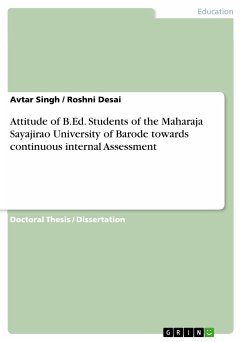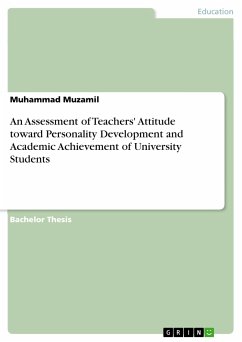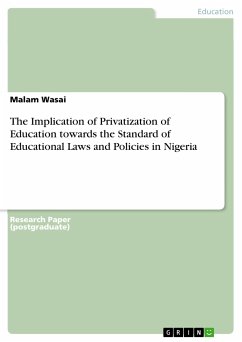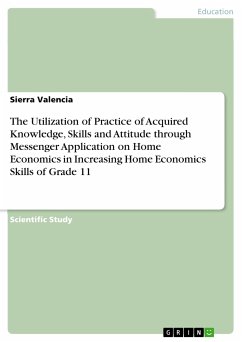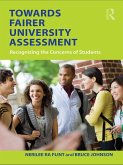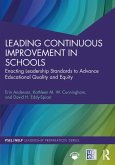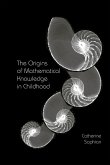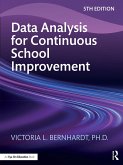Doctoral Thesis / Dissertation from the year 2013 in the subject Pedagogy - School System, Educational and School Politics, Maharaja Sayajirao University of Baroda (CENTRE OF ADVANCED STUDIES IN EDUCATION ), language: English, abstract: Continuous Comprehensive Evaluation (CCE) is the buzz word being in the air since the talks of the examination reforms being given utmost importance as far as the Indian education system is concerned. As rightly quoted by University Education Commission (1948-49) that, "If we are to suggest a single reform in the system of education then it would be that of examination". The remark was followed by formation of number of committees and commissions with different recommendations for the evaluation system for the Indian education system. All intelligentsia converged to the CCE as an assessment tool for wholistic evaluation of the students' learning. Further with internal examination this component cease to happen in the way it is suppose to be. Students being the internal and indispensible part of the education system had to undergo such system. How they perceive this component? Further how teachers perceive this continuous internal assessment system who are going to use the same as 'would be teachers' in the future? The Faculty of Education and Psychology, The Maharaja Sayajirao University of Baroda, has adopted the continuous internal assessment system since 1967-68 i.e. from last four decades. The students of the Bachelor of Education (B.Ed.) program are party to this system and in future, as teachers may be involved in the system. How do they perceive the system? , What is their attitude towards the system? would decide the future course of the system. Moreover, these students may have come from different institutes/faculties with different evaluation patterns, how that influence their attitude?, which other factors can have an impact on attitude towards continuous internal assessment. How do student perceive the evaluation system of Department of Education, MSU? What are the issues and liking of the student towards the evaluation system of Department of Education, MSU? Can we say anything firmly about the attitude of the students towards the system of continuous internal assessment? Can we say anything about the impact of different variables like Gender, Caste, Habitat, Age, Marital Status, Previous system of Education, Stream etc on attitude towards continuous internal assessment? The study attempts to answer the aforesaid questions.
Dieser Download kann aus rechtlichen Gründen nur mit Rechnungsadresse in A, B, BG, CY, CZ, D, DK, EW, E, FIN, F, GR, HR, H, IRL, I, LT, L, LR, M, NL, PL, P, R, S, SLO, SK ausgeliefert werden.
Hinweis: Dieser Artikel kann nur an eine deutsche Lieferadresse ausgeliefert werden.

